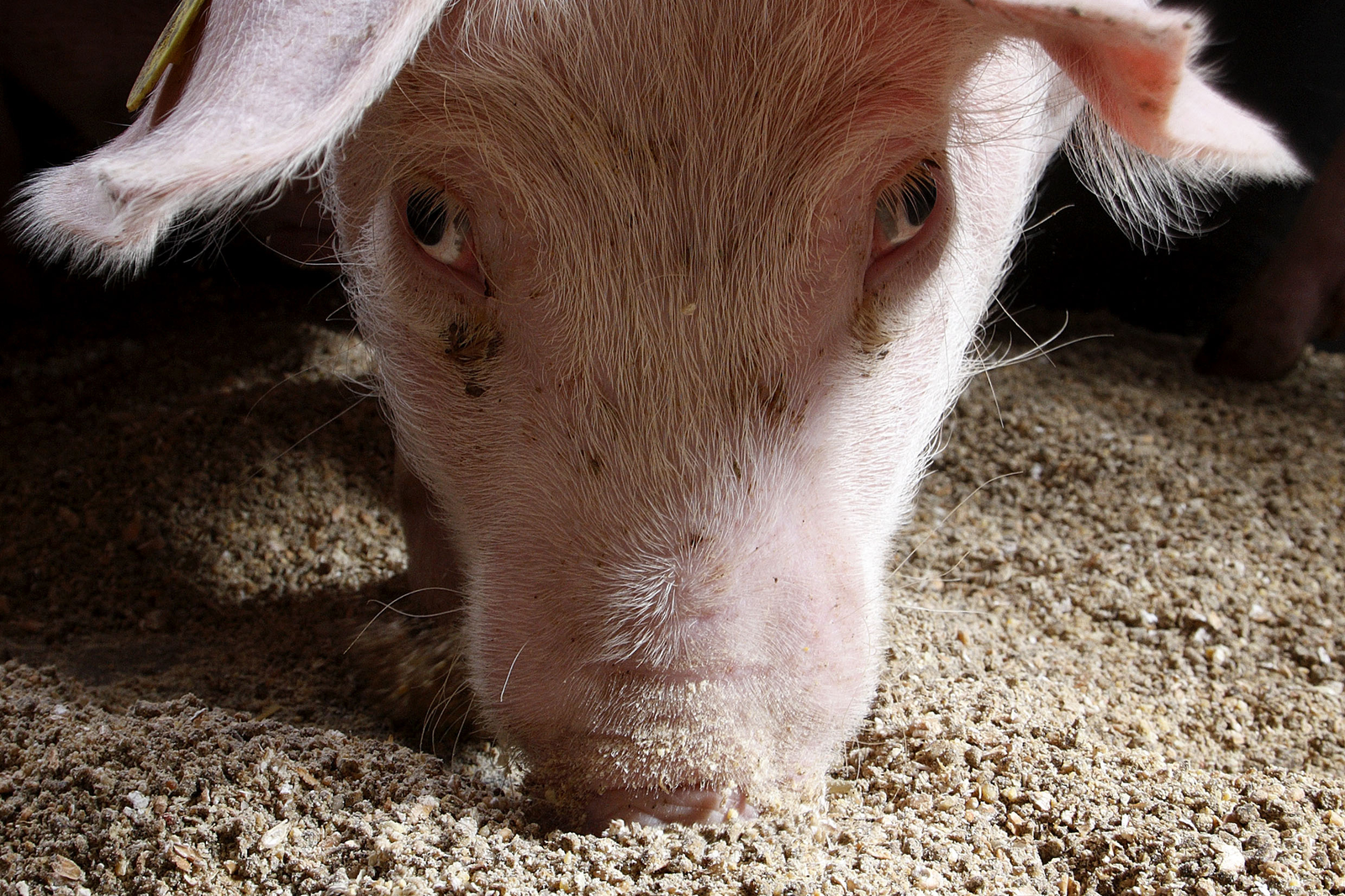Micro-encapsulated organic acids and phytogenics

Today there is growing concern about anti-microbial resistance and increasing numbers of consumers want to control what they eat. The feed industry is responding by developing alternatives, such as organic acids and phytogenics. Here we describe some recent insights into some of the alternatives available.
Nowadays there is an increased focus on the use of antibiotics (AB) in feed. Of course if animals are sick, they have the right to receive the best treatment possible. Yet for prevention and systematic use, AB are no longer allowed in feed in many countries. Between 2009 and 2015, for instance, the Netherlands decreased the use of AB by 58%. The challenge for farmers lies in maintaining the same level of performance and a low price as they reduce antibiotic use.
To help them achieve this, improvements and innovation in biosecurity, genetics, breeding management and diet optimisation are required. Nutritional strategies are a big component in overcoming the challenges facing farmers. Feed additives supplier Aliphos has developed 2 concepts for monogastrics: micro-encapsulated organic acids and micro-encapsulated phytogenic products.
Lower bacteria proliferation with organic acids
Organic acids are well-known to have a beneficial effect on the balance of intestinal microflora. Among all alternatives to AB, organic acids are the most studied and developed. In a dissociated form, organic acids reduce the pH, which contributes to lower bacteria proliferation in the gastrointestinal tract (GIT). In an undissociated form, they are lipophilic and can enter the undesirable bacteria through the cell wall.
Figure 1 – Micro-encapsulated organic acids are active in the entire digestive tract.

Active compound of oregano oil
Essential oils also offer a possible alternative to AB to maintain gut integrity. For example, carvacrol, the active molecule of oregano oil, damages bacteria cell walls by changing the permeability of the cell membrane. It acts in synergy with organic acids, as it allows them to enter the undesirable bacteria more effectively. A disadvantage of using essential oils comes from the strong, sometimes even pungent smell they have, which can impact animal feed intake.
To read this article in full see our digital magazine section All About Feed 2016 – 5 pages 18-19











